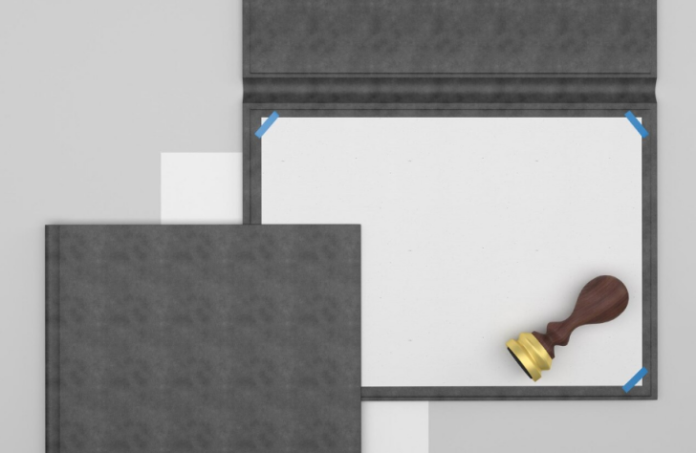As decentralized autonomous organizations (DAOs) continue to redefine collaboration, the need to create a DAO legal wrapper has become critical. A DAO, while inherently decentralized, operates in a digital-first ecosystem that lacks the traditional legal structures required for compliance, liability protection, and financial transparency. By implementing a DAO legal wrapper, organizations gain a legal entity that shields members from personal liability, allows for tax recognition, and helps meet jurisdictional requirements. Without this, DAOs face significant challenges, from regulatory risks to operational limitations. The process of building this wrapper is no longer optional; it is a foundational step toward legitimacy and operational longevity.
How DAO Governance Services Transform Participation, Voting, and Decision-Making into a Scalable System
While a DAO thrives on decentralization, structure is still vital. This is where DAO governance services play a transformative role. These services help DAOs set up frameworks for member participation, voting rights, and decision-making protocols that are fair and scalable. Without organized governance, decentralized systems risk chaos—members may face disputes, unclear responsibilities, or inefficient operations. DAO governance services streamline everything, from smart contract execution to automated proposal systems, ensuring that decision-making remains transparent and democratic. This structured approach allows DAOs to grow without compromising on community-driven ideals.
Combining Legal Wrappers and Governance Solutions to Build Trust Among DAO Members and Regulators
To truly succeed, DAOs must merge two essential elements: legal security and transparent governance. Choosing to create DAO legal wrapper is the first step, but pairing it with reliable DAO governance services builds trust at every level. Legal wrappers formalize the organization, giving it a recognized legal identity, while governance services ensure members feel empowered and heard through clear voting and proposal systems. This dual approach not only satisfies regulators but also reassures contributors, investors, and token holders that the DAO operates with accountability. Together, they create a robust ecosystem where innovation and compliance coexist.
Step-by-Step Insights into the Process to Create a DAO Legal Wrapper for Global and Local Compliance
For DAOs aiming to expand, the ability to create a DAO legal wrapper correctly can determine their success. The process involves choosing the right jurisdiction, registering a legal entity (such as a foundation or LLC), and aligning it with the DAO’s operational structure. Jurisdiction selection is crucial, as it impacts tax obligations, liability protection, and regulatory oversight. By incorporating DAO governance services alongside this process, organizations can ensure that the legal structure integrates seamlessly with voting mechanisms, treasury management, and decision-making tools. This structured integration helps DAOs avoid legal disputes while fostering long-term scalability.
How DAO Governance Services Reduce Risks While Enhancing Efficiency for Tokenized Communities
Efficient decision-making is at the heart of every thriving decentralized organization. DAO governance services streamline processes by automating tasks like proposal management, quorum tracking, and reward distribution. Without governance solutions, DAOs risk member disengagement, voting apathy, and administrative bottlenecks. Governance services mitigate these risks by making participation effortless while maintaining fairness. When integrated with a legal wrapper, these services create a system where decisions not only follow community consensus but also comply with local laws and operational guidelines. This combination allows tokenized communities to remain agile while minimizing risks.
Why Every DAO Should Prioritize Legal and Governance Structures Before Scaling Operations
Many DAOs rush to scale without laying the groundwork for compliance and governance. Choosing to create a DAO legal wrapper early prevents future legal complications, while implementing DAO governance services ensures that growth does not erode community involvement or transparency. DAOs that neglect these foundational steps often face regulatory crackdowns, internal conflicts, and financial instability. By investing in these structures first, DAOs position themselves for sustainable growth and attract serious investors, contributors, and institutional partners who value accountability.
Conclusion
For DAOs seeking sustainable growth, the formula is clear: combine legal recognition with structured governance. Choosing to create a DAO legal wrapper ensures protection, compliance, and financial legitimacy, while adopting DAO governance services promotes efficiency and fairness across decision-making processes. Together, these elements transform decentralized collectives into powerful, secure, and future-ready organizations. For DAOs looking to simplify this journey and access trusted tools and guidance, daobox.io offers a streamlined path to achieving both legal and governance goals with ease.

